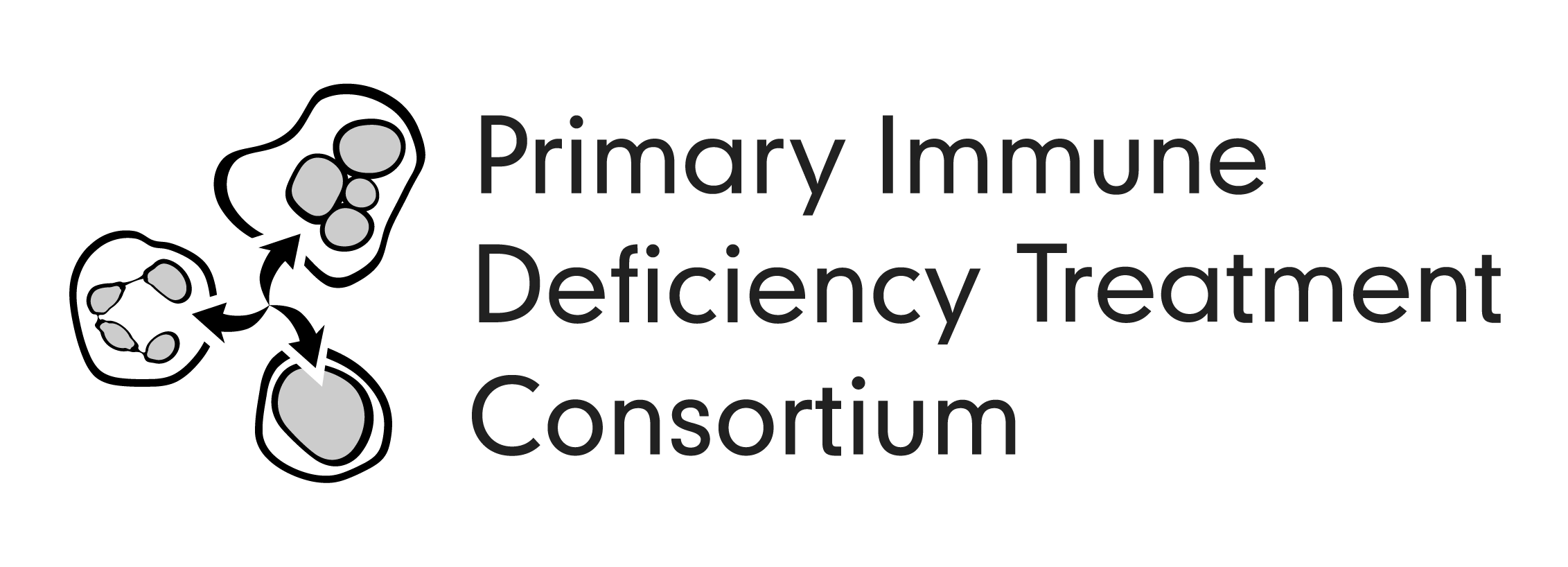Diseases Studied
The Rare Diseases Clinical Research Network is an NIH-funded research network of 21 active consortia or research groups working to advance treatment for diseases that are rare. Use the search tools on this page to find the diseases we currently study. You can reach out to the indicated consortia or research groups for more information on those diseases and studies underway.
This network focuses on clinical research and does not generally support clinical care outside of research activities. To learn about other rare diseases, please visit the Genetic and Rare Diseases Information Center (GARD), which is an NIH program that helps the public find reliable information about rare and genetic diseases. Their staff are specialists. Contact them at 1-888-205-2311 or email GARDinfo@nih.gov.
All Diseases > Wiskott-Aldrich syndrome
Wiskott-Aldrich syndrome (WAS)
Alternative Names: Eczema-Thrombocytopenia-Immunodeficiency Syndrome; Wiskott Syndrome (IMD2)
Disease Category: Primary Immune Deficiency Disorders
A disorder characterized by immunodeficiency (weakened immune system) due to abnormal or dysfunctional white blood cells. Symptoms include eczema (inflamed patches of red, irritated skin) and microthrombocytopenia (low levels and decreased size of platelets) which lowers blood clotting ability. Affected individuals have a high bleeding predisposition, higher risk of developing lymphoma (cancer of the immune system cells) and autoimmune disorders, such as rheumatoid arthritis, vasculitis (inflammation of the blood vessels), or hemolytic anemia (self-destruction of red blood cells).
Research groups studying this disease
Primary Immune Deficiency Disorders

Primary Immune Deficiency Treatment Consortium (PIDTC)
Immune Deficiency Foundation
Improves the diagnosis, treatment, and quality of life of people affected by primary immunodeficiency.
Jeffrey Modell Foundation
Works to improve treatment, diagnosis, and find a cure for primary immunodeficiency through research, education, support, advocacy, awareness, and newborn screening.
Wiscott Aldrich Foundation
Funds research to find improved cures for Wiskott-Aldrich syndrome and supports families living with the disease around the world.
